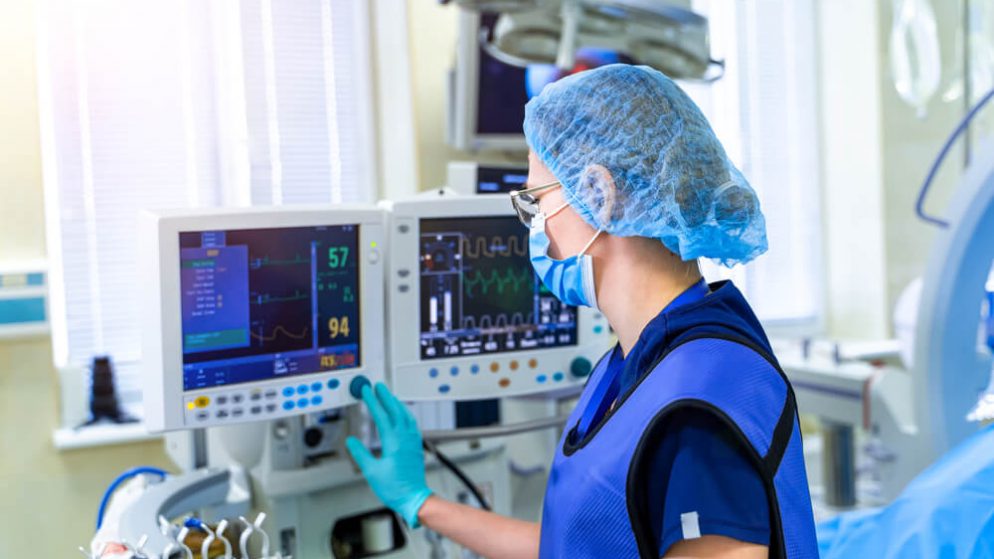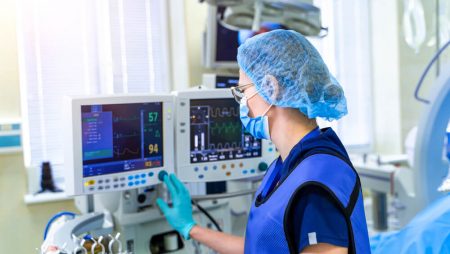



Get new exclusive access to healthcare business reports & breaking news




Like any products that hit the market, medical devices can sometimes be defective. These defects might cause unfortunate consequences like pain, discomfort, infection, and, sometimes, even death. If the worst should happen and a patient ends up with a defective medical device, they might decide to take legal action to recoup their related costs. Multiple parties might be liable in that situation, such as the below.
Law firms like Chaffin Luhana LLP injury lawyers may help a plaintiff file a defective medical device claim against physicians, such as surgeons and specialist doctors, as the person who installed the medical device. Sometimes, medical treatment facilities and distributors recommend particular products, and physicians might then push their benefits and encourage patients to consider them.
If the medical device is defective, not fit for purpose, or doesn’t perform as it should, that physician who recommended and installed it might be held liable in a lawsuit.
Even when the FDA approves medical devices, there’s no guarantee that every single product that rolls off the production line will be safely installed and fit for purpose. In some situations, distributors that act on behalf of manufacturers in sales can misrepresent what a product is capable of and enhance its benefits. It might be safe enough for FDA approval, but it might not suit every patient’s unique situation. In that case, distributors might be liable when a medical device is deemed defective in some way.
Mistakes can be made at all levels of healthcare, but for-profit hospitals might be liable if they’ve approved a surgical procedure when a medical device wasn’t the best option for that patient. Every situation is different, so it’s often in the patient’s best interest to seek legal help to know whether medical facilities can be held accountable.
Some patients who have received a defective medical device might be curious about manufacturers’ processes to seek FDA approval. It’s a five-step process and one that all medical devices are a part of before being made available for patient care.
Devices fall into three classes: Class I, Class II, and Class III. Manufacturers are aware of their device’s classification before they begin since it determines testing requirements. Class I devices are considered the lowest risk, while Class II and Class III generally undergo pre-market reviews.
During the second stage of the FDA approval process, a prototype is developed for lab testing. Lab testing doesn’t involve humans, but this step is designed to reduce any risks associated with the product before clinical trials commence.
If a product is a Class II or Class III device, a pre-market application must be submitted to the FDA.
After filling out the necessary paperwork involving FDA verification and FDA validation, a manufacturer needs to wait for the FDA to review and approve the device.
Upon receiving FDA approval, a medical device manufacturer must ensure their device remains compliant for its entire lifespan.
Determining liability for a defective medical device is not a straightforward process, which is why many plaintiffs and defendants rely on defective medical device lawyers. Even after following FDA approval processes, any of these parties above might be held liable if a medical device is deemed defective.